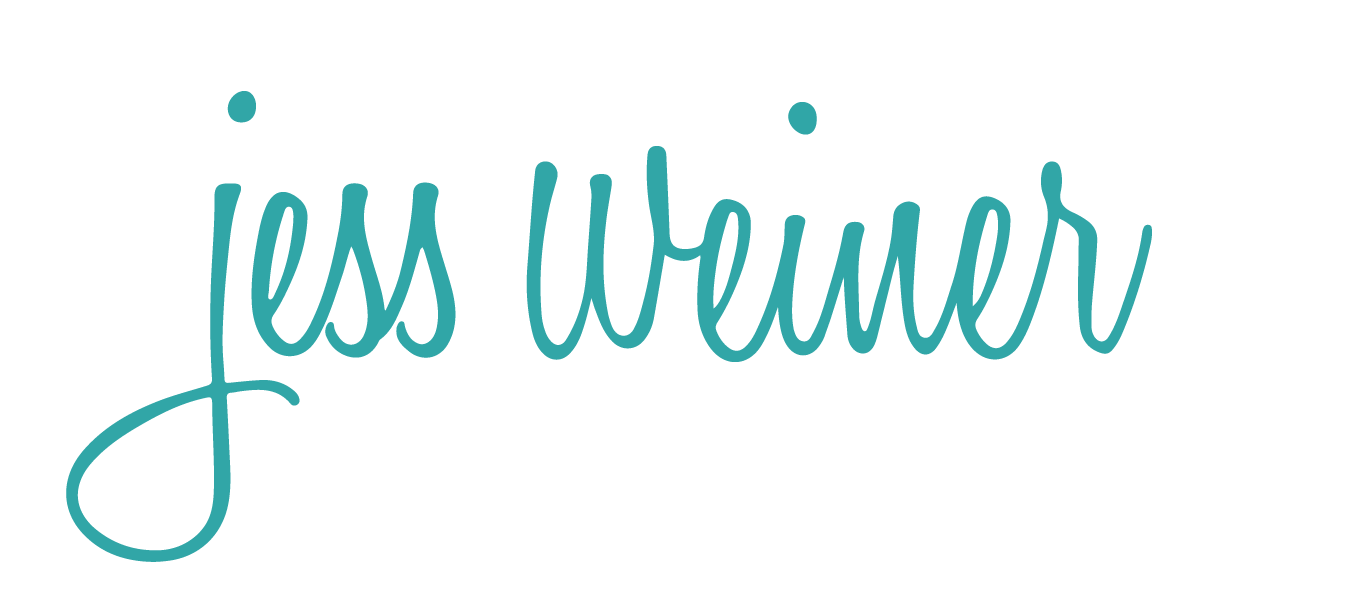You’ve written in your journal.
You’ve made a vision board.
You’ve found a mentor.
Read the book. Gone to the seminar.
Listened to the gurus.
Said your dreams out loud.
Worked hard.
Prayed harder.
And then it happened.
It really happened.
The thing you have been striving for. Dreaming of.
A relationship. A raise. A risk that turned into a reward.
The moment you have been waiting for. It’s here.
NOW WHAT?
We spend so much time hoping, wishing, working for our dreams – but do we spend as much time talking about what it feels like to get it. How to embrace it. Accept it. Let it fully in.
There is a beautiful dance for us to do between the wanting and the receiving.
It’s so much more acceptable to be in the desire of things but I’m curious about the getting.
In my own experience, I’ve faced some steep learning curves in allowing myself to be fully receptive to the things I’ve manifested. Trusting that I am enough. Sometimes we can get so addicted to the wanting (and somewhere thinking it won’t happen to you) that when it does, it can be shocking. Here are a few things I practice:
- Being Open: Often times when something does manifest (that long-awaited romance, the ideal job) it doesn’t look exactly like what we had dreamed of. And that’s OK. Dreams are mutable. They are meant to change, flow, and grow. But be open to the results – are you in love? Are you happy in this new career path? Follow the feeling and don’t get so attached to what it looks like.
- Being Grateful: Getting what I want also allows me to embrace what I have. It actually makes me more present to all that I currently possess – it slides me into a deeper awareness of the abundance in my life. And I find that the deep feeling of gratitude I practice helps me to attract even more things into my life.
- Being in Joy: This is different from believing that you’ll only be happy when you get exactly what you want. This is about embracing the joy and enjoying what you receive when you receive it. Experiencing fully the feeling of enthusiasm; the excitement of loving what you are creating will help you have fun as you create the life you want.
Tell me — how do you balance getting the things you want with appreciating the things you already have? Once you’ve received what you wanted, what comes next for you?










